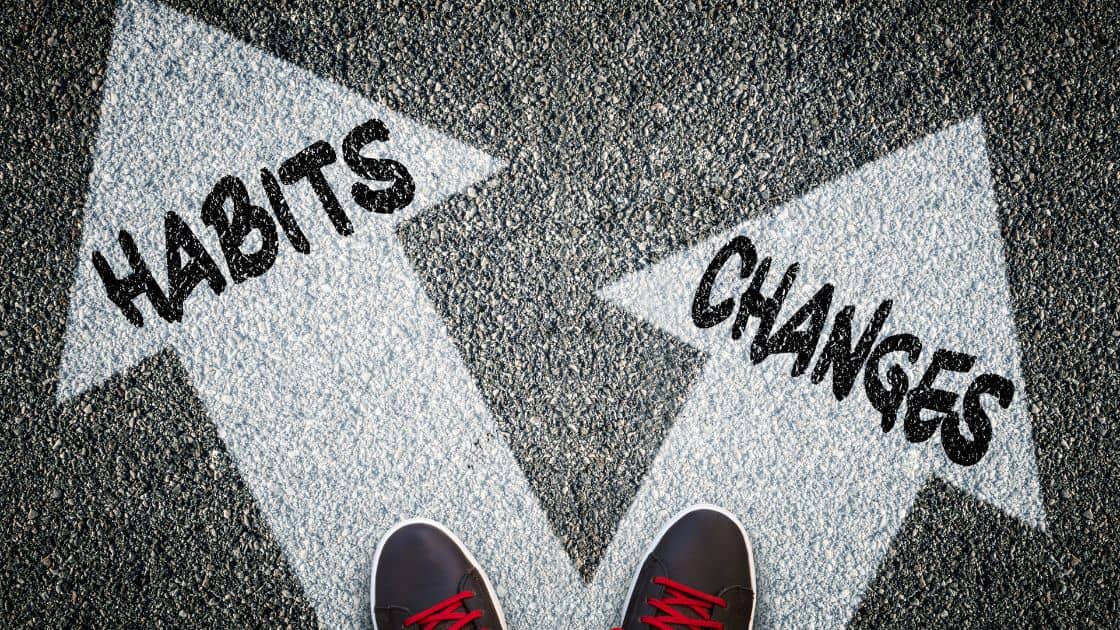The Psychology of Habits: Breaking Bad Habits and Forming Good Ones
Habits define much of our daily lives, from the moment we wake up to the way we interact with others and even how we think. They are ingrained patterns of behaviour that often operate subconsciously, shaping our routines and influencing our outcomes. Understanding the psychology behind habits—both good and bad—can empower us to make positive changes and lead more fulfilling lives.
What Are Habits?
At its core, a habit is a behaviour that we repeat regularly, often without conscious thought. Charles Duhigg, author of "The Power of Habit," describes habits as a three-step loop: cue, routine, and reward. The cue triggers a specific behaviour or routine, leading to a reward that reinforces the habit loop. For instance, feeling stressed (cue) might lead someone to smoke a cigarette (routine), which temporarily reduces stress (reward).
Breaking Bad Habits
Breaking bad habits can be challenging but not impossible. It often requires understanding the underlying causes and triggers. Psychologically, habits form because they serve a purpose—they fulfil a need or provide a reward. To break a bad habit, it's crucial to identify these triggers and find alternative behaviours that can satisfy the same need. For example, replacing smoking with deep breathing exercises can address the stress trigger without the harmful effects of cigarettes.
Psychologists also emphasize the importance of mindfulness and self-awareness in breaking bad habits. By becoming more conscious of our actions and the motivations behind them, we can interrupt the habit loop and consciously choose healthier behaviours.
Forming Good Habits
Forming good habits involves leveraging the same psychological principles that shape bad habits. Key strategies include setting specific, achievable goals (like exercising for 30 minutes a day), creating a supportive environment (such as laying out workout clothes the night before), and rewarding yourself for progress (like treating yourself to a healthy snack after a workout).
Research suggests that it takes about 21 days to form a new habit, though this can vary widely depending on the individual and the complexity of the habit. Consistency and repetition are crucial—each time we repeat a behaviour, we strengthen the neural pathways associated with that habit, making it more automatic.
The Role of Environment and Context
Our environment plays a significant role in shaping our habits. Environmental cues, such as seeing a plate of cookies on the counter, can trigger automatic behaviours (like snacking) without conscious thought. By modifying our environment—for instance, keeping healthy snacks readily available—we can make it easier to maintain good habits and resist temptation.
Context also matters. Habits often arise in specific situations or emotional states. Recognizing these patterns allows us to anticipate triggers and proactively plan alternative responses. For example, if stress tends to trigger late-night snacking, finding alternative ways to unwind, like taking a relaxing bath or reading a book, can help break the habit loop.
The Neuroscience Behind Habits
Neuroscience provides insights into how habits are formed and reinforced in the brain. Habitual behaviours become ingrained through a process called synaptic plasticity, where repeated actions strengthen connections between neurons. Over time, these neural pathways become more efficient, making the behaviour automatic and less reliant on conscious decision-making.
Understanding the neuroscience of habits underscores the potential for neuroplasticity—the brain's ability to reorganize itself in response to experience. This means that by consciously practising new behaviours and breaking old patterns, we can reshape our brain's wiring and create lasting change.
Conclusion
In conclusion, the psychology of habits offers a profound lens through which to understand and transform our behaviours. Whether breaking bad habits or forming good ones, the process involves understanding triggers, altering routines, and leveraging the brain's ability to adapt. By applying these insights, we can cultivate habits that support our well-being and personal growth.
Ultimately, habits are not just individual behaviours but powerful tools that shape our lives. By exploring the psychology behind habits, we empower ourselves to make intentional choices, break free from destructive patterns, and cultivate habits that lead to lasting happiness and fulfilment. Interested in diving deeper into the psychology of habits? Stay curious and explore how understanding your own behaviours can unlock new possibilities for personal growth and well-being.







Comments
Post a Comment